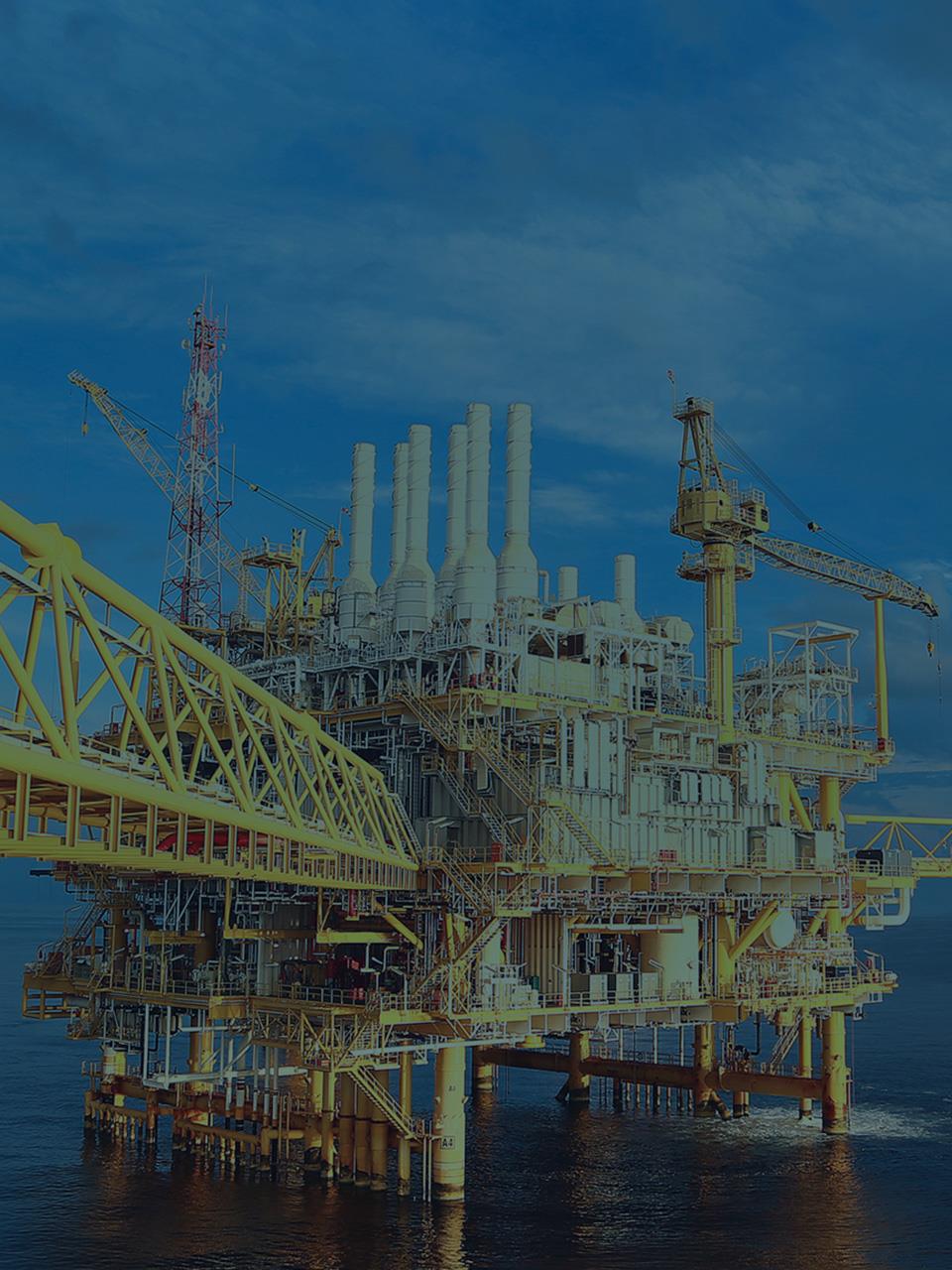
Tap to Read ➤
Petroleum Engineer Job Description
Kulbhushaan Raghuvanshi


A petroleum engineer is a professional who is involved in the extraction of oils and natural gas from the core of the earth. The main motive of a petroleum engineer is to extract the maximum amount of fossil fuels at minimum cost, while making sure that this process is not giving rise to any serious environmental issues. Petroleum engineers work with a team of experts and design new methods to ensure more cost-effective methods of petroleum recovery.

Education Requirements to Become a Petroleum Engineer
To start off with a successful career in petroleum engineering, students need to finish their Bachelor's Degree in Petroleum Engineering from a program approved by the Accreditation Board of Engineering and Technology (ABET).

For jobs involving research or academic teaching, students need to complete their Masters or Ph. D. A diploma or degree in related fields such as mining, geology or geophysics is considered very helpful. Petroleum engineers never work alone. They are always surrounded with a versatile team of geologists and drilling engineers.

Communication also plays a very important role in the profession of petroleum engineering. There might be times when petroleum engineers will spend years examining a single piece of hydrocarbon (crude oil and natural gas), which is why patience plays a very important role in the life of a petroleum engineer.

What Does a Petroleum Engineer Do
Petroleum engineers design and supervise the procedure of bringing hydrocarbons out from the depths of the earth safely into storage tanks. 90% of petroleum engineers work for oil drilling companies, but many experienced engineers also work as consultants for various firms.

When a site is selected for drilling, petroleum engineers preside over the drilling process. They also select the equipment and supervise drilling workers who operate on the equipment. If they locate any samples of hydrocarbons during the drilling, they test the samples of the layers of rock above the oil.

Their job also requires them to decide how much pressure should be forced on the ground so that disasters can be avoided.

Another important part of the job description is to implement cost-effective methods to bring hydrocarbons on the surface. When petroleum engineers are working on offshore drilling sites they have to make sure that the drilling process doesn't cause the oil to spill out in the ocean and harm marine life.

Many petroleum engineers also work for government agencies who regulate oil production. Engineers with experience are often hired by universities for teaching purposes or some of them also get involved in research projects.

Working Conditions of Petroleum Engineers
In remote locations, petroleum engineers work on site for 10 to 12 days and then take a week off. A day's work involves a 12 hour shift which also includes meetings with subordinates and seniors. Engineers who have good experience often rise to a managerial position and work in office premises.

Petroleum engineers also work at odd hours as oil drilling is a continuous process. While working on site, engineers also have to wear protective gear like everyone else to be safe from the harmful effects of natural gas and oil. Most engineering jobs in oil drilling require engineers to move every few years.

Petroleum Engineer Salary
The average salary of a petroleum engineer is more than every other engineering discipline in the world. The starting salary of a petroleum engineer with no experience is $85,000 and as the years of experience add up the salary crosses the $100,000 mark. A petroleum engineer also enjoys extra perks such as health insurance, accidental cover, paid family trips and pensions.

A lot of dedication and hard work goes into becoming a successful petroleum engineer. Petroleum engineers should also have aptitude for geology, maths, physics and history. So all the best to all the budding oil drillers of the world!